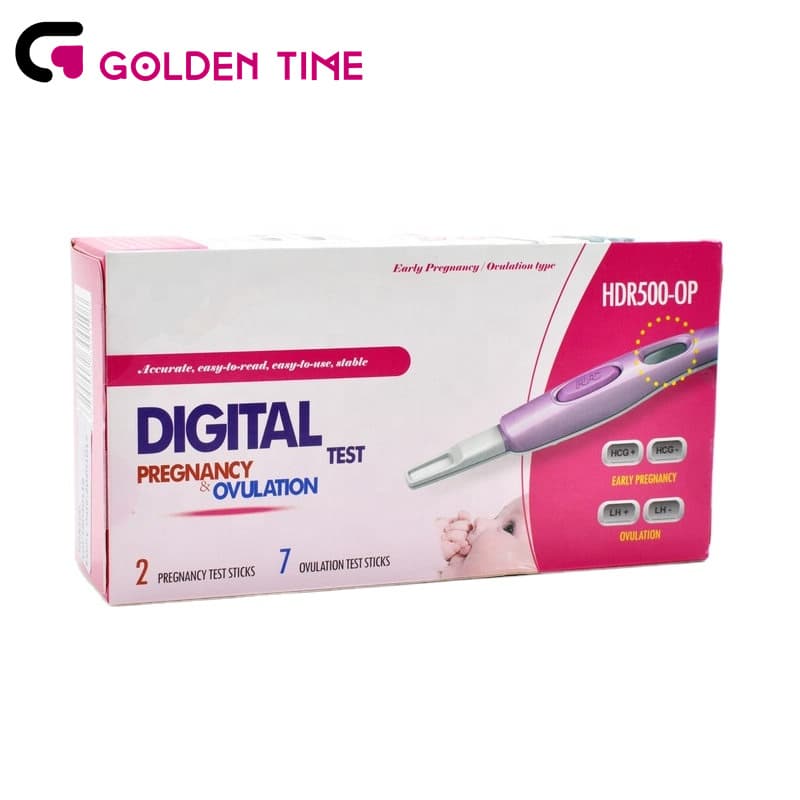Nov . 12, 2024 02:21 Back to list
hepatitis c ab test supplier
Understanding Hepatitis C Antibody Testing Suppliers and Their Role
Hepatitis C is a viral infection that affects the liver and can lead to serious conditions such as cirrhosis and liver cancer. With over 71 million people worldwide living with chronic hepatitis C infection, timely diagnosis and effective treatment options are critical. One of the primary methods for diagnosing hepatitis C is through antibody testing, specifically the Hepatitis C Antibody (anti-HCV) test. This article delves into the significance of the hepatitis C antibody test, its suppliers, and the implications for public health.
What is the Hepatitis C Antibody Test?
The hepatitis C antibody test determines whether a person has been exposed to the hepatitis C virus (HCV). This test detects antibodies produced by the immune system in response to the virus. A positive test indicates that the individual has been infected with HCV at some point, but it does not distinguish between active and chronic infections. Therefore, if the test is positive, further testing to confirm the presence of the virus itself, such as a HCV RNA test, is necessary to guide the treatment plan.
Importance of Hepatitis C Testing
Regular testing for hepatitis C is crucial, particularly for individuals at higher risk, including those with a history of intravenous drug use, blood transfusions prior to 1992, or healthcare workers exposed to blood. Early diagnosis through antibody testing allows for timely treatment interventions, which can prevent the progression of liver disease and reduce the risk of transmission to others.
Moreover, with the advancement of antiviral therapies, individuals diagnosed with hepatitis C can achieve a cure with proper medical intervention. The World Health Organization (WHO) has set a target to eliminate hepatitis C as a public health threat by 2030, underscoring the importance of widespread testing and subsequent treatment.
Role of Suppliers in Hepatitis C Testing
hepatitis c ab test supplier

The supply chain for hepatitis C testing kits is critical to ensuring that healthcare providers can accurately diagnose and treat patients. Suppliers of hepatitis C antibody test kits play a key role in the healthcare ecosystem. They are responsible for providing reliable, high-quality testing products, as well as supporting healthcare professionals with the necessary resources for effective testing.
Suppliers of hepatitis C tests can vary widely, from large multinational corporations that dominate the diagnostics market to smaller, specialized companies that focus on niche products. Each supplier must adhere to strict regulatory standards to ensure the accuracy and reliability of their tests. This includes obtaining certifications and approvals from regulatory bodies like the U.S. Food and Drug Administration (FDA) or the European Medicines Agency (EMA).
Innovations in Testing and Supplier Impact
In recent years, innovations in hepatitis C testing have emerged, including point-of-care testing and rapid test kits that provide results within minutes. These advancements can dramatically improve access to testing, especially in low-resource settings or among populations less likely to seek traditional healthcare services. Suppliers who promote these innovative solutions can significantly impact public health outcomes by reducing barriers to testing.
Furthermore, suppliers are involved in educational initiatives aimed at increasing awareness and understanding of hepatitis C. By providing training for healthcare providers and outreach programs for high-risk populations, they help create an informed community that recognizes the importance of testing and treatment.
Conclusion
The hepatitis C antibody test is a vital tool in the fight against this serious infection. Suppliers play an indispensable role in ensuring that high-quality, reliable testing kits are available, facilitating health professionals in their efforts to diagnose and manage hepatitis C. As the global health community works towards eliminating hepatitis C, the importance of effective testing and the role of suppliers cannot be overstated. Access to timely testing not only aids individual patients but also contributes to the broader goal of improving public health and reducing the prevalence of this preventable and treatable infection.
-
Reliable Early Pregnancy Test Kit Supplier - Multi Plastic Cassette Options
NewsJul.30,2025
-
Transferrin Rapid Test Cassette – Reliable Tumor Marker Detection
NewsJul.29,2025
-
Accurate Follicle Stimulating Hormone Test Kit | Rapid Reliable Results
NewsJul.29,2025
-
High Accuracy LH Ovulation Test Kit - Digital Results & Wholesale Options
NewsJul.29,2025
-
HbsAg Blood Rapid Test Kit for Fast & Accurate Hepatitis B Detection
NewsJul.28,2025
-
Sterile Urine Cup for Safe & Easy Collection | High-Quality Specimen Cups
NewsJul.28,2025

